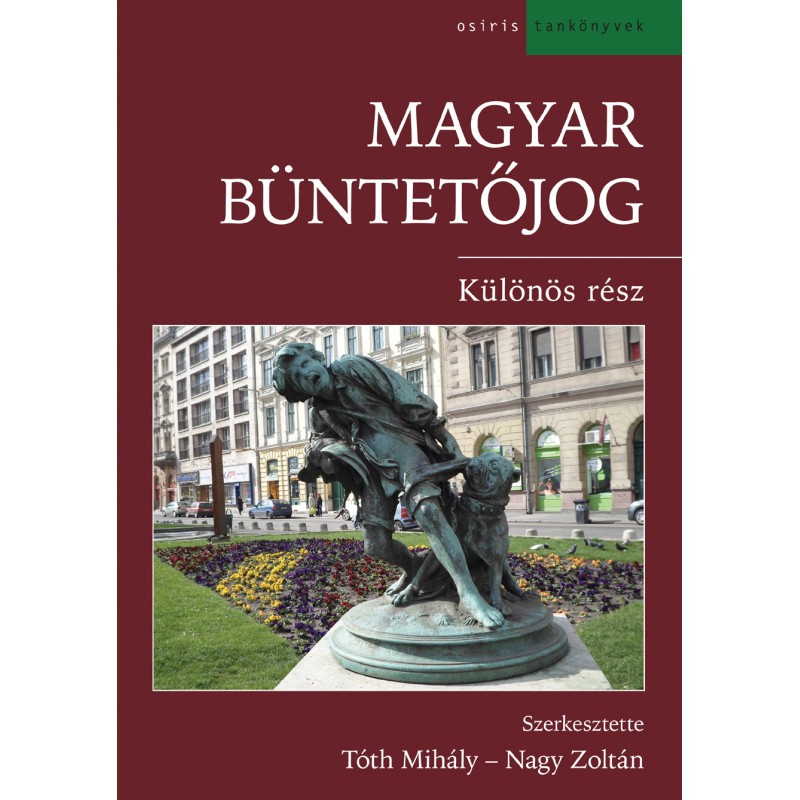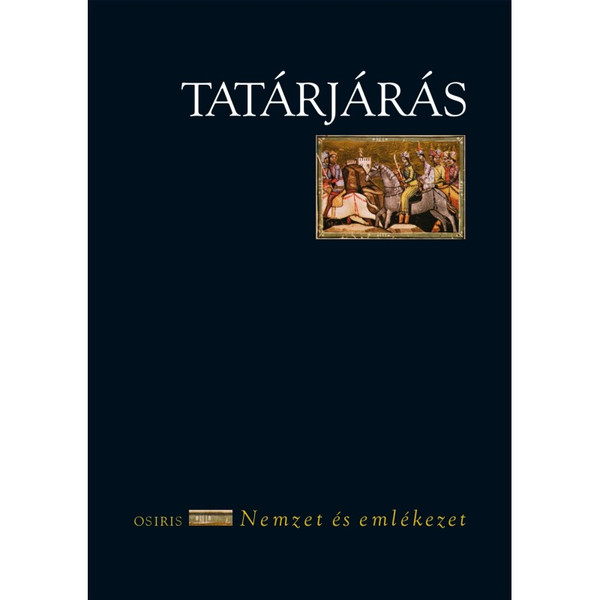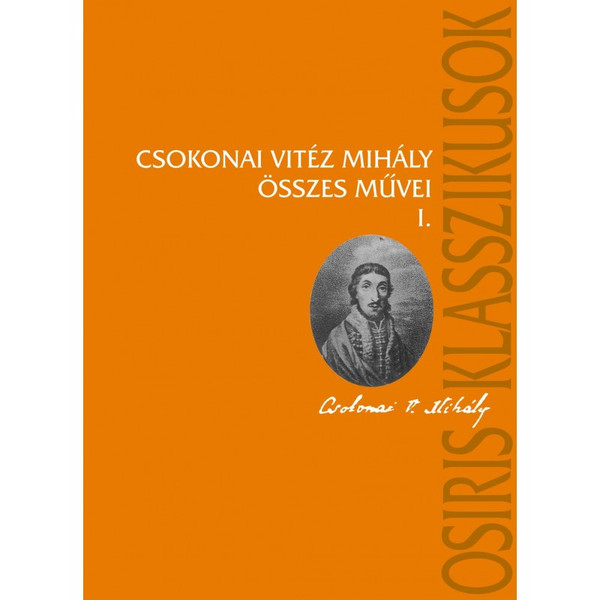Description
Hungarian Criminal Law - Special Part / Nagy Zoltán - Dr. Tóth Mihály (Osiris 2014) / Hardcover
UPC: [Please provide if available]
MPN: ISBN 9789632761923 / 978-9632761923
Brand Name: Osiris Kiadó (Osiris Publishing)
Overview
This comprehensive 2014 legal textbook presents an in-depth analysis of the Special Part of Hungary's fourth Criminal Code (Büntető törvénykönyv), which entered into force on July 1, 2013. Written by Dr. Nagy Zoltán and Dr. Tóth Mihály, younger faculty members from the distinguished Criminal Law Department at the University of Pécs, this 609-page volume represents the first modern textbook addressing Hungary's completely reformed criminal law system. The authors had the advantage of studying both the legislative drafts and the initial months of practical application before creating this systematically organized, student-focused educational resource that maintains rigorous academic standards while remaining accessible to law students. The book provides thorough analysis of new and substantially revised criminal offenses introduced by the 2013 Criminal Code, presenting them in a clear, logically structured framework that facilitates comprehension of complex legal concepts. This work marks a generational transition in Hungarian criminal law pedagogy, succeeding the highly successful but now outdated Erdősy-Földvári-Tóth textbook series that dominated legal education for several decades. Published by Osiris Kiadó in Budapest, this textbook adopts a contemporary perspective that extends beyond traditional criminal law analysis to incorporate interdisciplinary insights from criminology, criminal procedure, and legal theory. The 609-page hardcover serves both as an essential study aid for law students preparing for examinations and as a practical reference for legal professionals adapting to Hungary's modernized criminal justice framework, reflecting the significant legal reforms that brought Hungarian criminal law into alignment with 21st-century European standards.
Product Features
- Format: Hardcover legal textbook
- Publication Year: 2014
- Publisher: Osiris Kiadó (Osiris Publishing)
- Publication Place: Budapest, Hungary
- ISBN: 9789632761923 / 978-9632761923
- Pages: 609 pages
- Language: Hungarian (Magyar)
- Authors: Nagy Zoltán, Dr. Tóth Mihály
- Institution: University of Pécs (Pécsi Tudományegyetem), Criminal Law Department
- Subject Matter: Hungarian Criminal Law - Special Part (Különös rész)
- Legal Framework: Hungary's 2013 Criminal Code (Fourth Büntető törvénykönyv)
- Effective Date of Law: July 1, 2013
- Structure: Thematic organization aligned with student learning needs
- Pedagogical Approach: Clear, logically structured, academically rigorous yet accessible
- Special Focus: Detailed analysis of new and substantially revised criminal offenses
- Predecessor Works: Succeeds the Erdősy-Földvári-Tóth textbook series
- Academic Level: University legal education (law faculty students)
- Target Audience: Law students, legal practitioners, judges, prosecutors, defense attorneys
- Disciplinary Scope: Criminal law with interdisciplinary perspectives
- Contemporary Relevance: First comprehensive textbook on Hungary's current Criminal Code
Interesting Facts
This textbook represents a watershed moment in Hungarian legal education, marking the transition from one generation of criminal law scholarship to the next. For several decades, the Erdősy-Földvári-Tóth textbook series dominated criminal law education in Hungarian universities, becoming the standard reference that generations of lawyers, judges, and prosecutors studied during their university training. However, the comprehensive reform of Hungarian criminal law culminating in the 2013 Criminal Code made these respected works obsolete, creating an urgent need for new educational materials addressing the fundamentally restructured legal framework.
Hungary's 2013 Criminal Code (officially Act C of 2012 on the Criminal Code, but commonly referenced by its 2013 effective date) represents the country's fourth comprehensive criminal code since the modern Hungarian state emerged. Previous criminal codes were enacted in 1878 (during the Austro-Hungarian Monarchy), 1961 (during the Communist era), and 1978 (late Communist period, which remained in effect with extensive amendments until 2013). The 2013 reform responded to multiple pressures: the need to harmonize Hungarian criminal law with European Union standards, the recognition that decades of piecemeal amendments had created an incoherent legal framework, and the constitutional requirement following Hungary's 2011 Fundamental Law (new constitution) to modernize the entire legal system.
The authors, Dr. Nagy Zoltán and Dr. Tóth Mihály, belong to the younger generation of faculty at the University of Pécs Faculty of Law, one of Hungary's oldest and most prestigious law schools. The University of Pécs traces its origins to 1367, making it one of Europe's oldest universities, though its law faculty was established later and has become renowned for criminal law scholarship. The Criminal Law Department (Büntetőjogi Tanszék) at Pécs has produced many prominent legal scholars and practitioners who have shaped Hungarian criminal justice policy and practice.
The timing of this textbook's preparation proved advantageous. Unlike many legal textbooks rushed to publication immediately upon a new law's enactment, the authors had access to both the legislative drafts (which underwent extensive public and professional consultation) and several months of practical application experience. This allowed them to identify interpretive controversies, practical implementation challenges, and emerging judicial trends before completing their analysis. The result is a more nuanced, practically oriented textbook that anticipates issues students and practitioners will encounter in real-world application.
The "Special Part" (Különös rész) of a criminal code defines specific criminal offenses—murder, theft, fraud, drug crimes, etc.—as distinguished from the "General Part" (Általános rész), which establishes fundamental principles like criminal capacity, attempt, complicity, and sentencing. Hungarian criminal codes follow the Germanic legal tradition of systematic codification, organizing offenses by the legal interest (protected value) they violate: crimes against life and bodily integrity, crimes against property, crimes against public administration, etc. The 2013 Criminal Code substantially reorganized these categories and introduced numerous new offenses reflecting contemporary challenges like cybercrime, environmental crimes, and financial crimes.
The authors emphasize that they placed "great emphasis on thorough analysis of new or substantially revised offenses," recognizing that these would present the greatest interpretive challenges for students and practitioners. The 2013 Criminal Code introduced or significantly modified offenses addressing modern criminal phenomena that didn't exist or weren't adequately addressed under the 1978 Code: computer crimes and data manipulation, human trafficking (harmonized with EU directives), money laundering meeting international standards, organized crime provisions, terrorism offenses complying with international conventions, and environmental crimes reflecting contemporary ecological consciousness.
The textbook's pedagogical philosophy balances accessibility with academic rigor. Legal education in Hungary follows the continental European model, where students enter law faculty directly from secondary school and complete integrated five-year programs (now transitioning to BA/MA structure under the Bologna Process). Criminal law courses typically occur in the second or third year, meaning students are still developing legal reasoning skills. The authors therefore structured their textbook to be "clearly organized, logically structured" (jól áttekinthető, logikus rendszerben tagolt) while not abandoning "sometimes indispensable academic rigor" (az olykor elengedhetetlen tudományos igényességről sem mondva le). This approach makes the material accessible to students while maintaining the intellectual depth necessary for serious legal scholarship.
The reference to providing "contemporary, new perspective criminal law and often beyond that overview" (korszerűnek szánt, új szemléletű büntetőjogi és sokszor azon túli áttekintés) suggests the authors incorporate interdisciplinary perspectives beyond narrow doctrinal analysis. Modern criminal law scholarship increasingly recognizes the need to integrate insights from criminology (understanding why people commit crimes), criminal procedure (how criminal laws are enforced), constitutional law (fundamental rights constraints on criminal punishment), and social sciences (societal impacts of criminalization). This holistic approach produces lawyers capable of critically evaluating criminal law's effectiveness and fairness, not merely applying rules mechanically.
Osiris Kiadó, the publisher, has established itself as Hungary's premier academic legal publisher since its 1988 founding. The press publishes the leading legal textbooks used across Hungarian universities, along with scholarly monographs, legal commentaries, and professional reference works. Osiris textbooks have become synonymous with quality legal education in Hungary, making this imprint essential for establishing a work's credibility in academic and professional circles.
The 609-page length reflects the comprehensiveness required to address all criminal offenses in Hungary's Criminal Code, which contains hundreds of distinct crimes organized across numerous chapters. Each offense requires careful analysis: its constituent elements (what must be proven), protected legal interests (why it's criminalized), relationship to related offenses (distinguishing similar crimes), penalties (sentencing ranges), and interpretive challenges (controversial or unclear aspects). Providing this analysis for the entire Special Part necessarily produces a substantial volume.
This textbook has become a standard reference in Hungarian law faculties since its 2014 publication, cited in scholarly articles, referenced in court decisions, and relied upon by practicing attorneys navigating Hungary's transformed criminal justice system. It represents not just an educational tool but a contribution to developing interpretive consensus around Hungary's new criminal law framework, helping to establish doctrinal stability during a period of legal transition.
Content Structure
Special Part (Különös rész) Organization:
The textbook systematically covers all criminal offenses defined in Hungary's 2013 Criminal Code, organized by protected legal interests:
- Crimes Against the Person: Offenses against life, bodily integrity, personal freedom, and human dignity
- Crimes Against Property: Theft, robbery, fraud, embezzlement, and related property crimes
- Crimes Against Marital, Family, Youth, and Sexual Morality: Offenses protecting family relationships and sexual autonomy
- Economic Crimes: White-collar offenses, financial crimes, and business-related criminality
- Crimes Against Public Administration: Corruption, bribery, abuse of office, and obstruction of justice
- Crimes Against the Administration of Justice: Perjury, false accusation, escape, and related offenses
- Crimes Against Public Order and Peace: Rioting, public violence, and disorder offenses
- Crimes Against Public Safety: Terrorism, weapons offenses, and offenses endangering public safety
- Computer Crimes: Cybercrime, data manipulation, and information technology offenses (expanded in 2013 Code)
- Environmental Crimes: Offenses against environmental protection and natural resources
- Drug Crimes: Narcotics offenses aligned with international conventions
- Human Trafficking and Modern Slavery: Offenses addressing contemporary forms of exploitation
- Organized Crime and Criminal Organizations: Provisions targeting organized criminal activity
Pedagogical Features:
- Detailed analysis of offense elements and interpretive issues
- Special attention to new and substantially revised offenses
- Clear structural organization facilitating student comprehension
- Academic rigor appropriate for university-level legal education
- Practical orientation reflecting real-world application
- Interdisciplinary perspectives extending beyond doctrinal analysis
Authors
Dr. Nagy Zoltán - Faculty member, Criminal Law Department, University of Pécs Faculty of Law, specialist in contemporary Hungarian criminal law and criminal justice reform
Dr. Tóth Mihály - Faculty member, Criminal Law Department, University of Pécs Faculty of Law, expert in substantive criminal law and criminal law pedagogy
Both authors represent the younger generation of criminal law scholars at one of Hungary's most distinguished law faculties, bringing contemporary perspectives to legal education while maintaining rigorous academic standards.
Publisher
Osiris Kiadó (Osiris Publishing)
Budapest, Hungary
Published: 2014
Osiris Kiadó is Hungary's leading academic legal publisher, producing the standard textbooks and scholarly works used across Hungarian law faculties and by legal professionals.
We value your feedback! Share your experience with this product to help others make informed decisions. Your review is important to us!
#HungarianCriminalLaw #LegalTextbook #NagyZoltan #TothMihaly #OsirisKiado #CriminalCode2013 #LawSchoolTextbook #UniversityOfPecs #HungarianLaw #LegalEducation #CriminalJustice #BuntetoJog #LawStudents #LegalProfessionals #HungarianLegalSystem #BuyLegalTextbooksOnline #LawBooks #CriminalLawTextbook #HungarianLegalEducation #ContemporaryLegalScholarship #PecsUniversity #LegalReform #BuntetoTorvenykonyv #AcademicLaw #HungarianJurisprudence #LegalStudies #CriminalOffenses #ModernCriminalLaw #EuropeanLaw #CollectibleTextbooks
Áttekintés (Hungarian Overview)
Ez az átfogó 2014-es jogtudományi tankönyv mélyreható elemzést nyújt Magyarország negyedik Büntető törvénykönyve Különös részéről, amely 2013. július 1-jén lépett hatályba. Dr. Nagy Zoltán és Dr. Tóth Mihály, a Pécsi Tudományegyetem neves Büntetőjogi Tanszékének fiatalabb oktatói által írt 609 oldalas kötet az első modern tankönyv, amely Magyarország teljesen megújított büntetőjogi rendszerét tárgyalja. A szerzők előnyös helyzetben voltak, mivel tanulmányozhatták mind a törvénytervezeteket, mind az alkalmazás első hónapjait, mielőtt elkészítették ezt a szisztematikusan szervezett, hallgatói igényekre szabott oktatási segédanyagot, amely megőrzi a szigorú tudományos követelményeket, miközben hozzáférhető marad a joghallgatók számára.
Érdekességek (Hungarian Interesting Facts)
Ez a tankönyv mérföldkövet jelent a magyar jogoktatásban, megjelölve az átmenetet az egyik büntetőjogi tudósgenerációról a következőre. Több évtizeden keresztül az Erdősy-Földvári-Tóth tankönyvsorozat uralta a büntetőjogi oktatást a magyar egyetemeken, a jogászok, bírák és ügyészek generációinak standard referenciájává válva. A 2013-as büntetőjogi reform azonban ezeket a tiszteletreméltó műveket elavulttá tette, sürgős igényt teremtve új oktatási anyagokra. A 2013-as Büntető törvénykönyv Magyarország negyedik átfogó büntetőkódexe a modern magyar állam kialakulása óta. A szerzők nagy hangsúlyt fektettek az új vagy jelentősen átdolgozott bűncselekmények alapos elemzésére, felismerve, hogy ezek jelentik a legnagyobb értelmezési kihívást a hallgatók és gyakorló jogászok számára. A tankönyv "korszerű, új szemléletű büntetőjogi és sokszor azon túli áttekintést" nyújt, integrálva az interdiszciplináris perspektívákat a kriminológiából, büntetőeljárási jogból és társadalomtudományokból.
Hashtag-ek (Hungarian Hashtags)
#MagyarBüntetőjog #JogásziTankönyv #NagyZoltán #TóthMihály #OsirisKiadó #Btk2013 #JogásziKar #PécsiEgyetem #MagyarJog #JogiOktatás #Büntetőigazságszolgáltatás #BüntetőJog #Joghallgatók #JogásziSzakma #MagyarJogrendszer #JogiKönyvek #BüntetőjogiTankönyv #MagyarJogiOktatás #KorszerűJogtudomány #PécsiTudományegyetem #JogiReform #BüntetőTörvénykönyv #AkadémiaiJog #MagyarJogtudomány #JogiTanulmányok #BűncselekmenyekElemzése #ModernBüntetőjog #EurópaiJog









